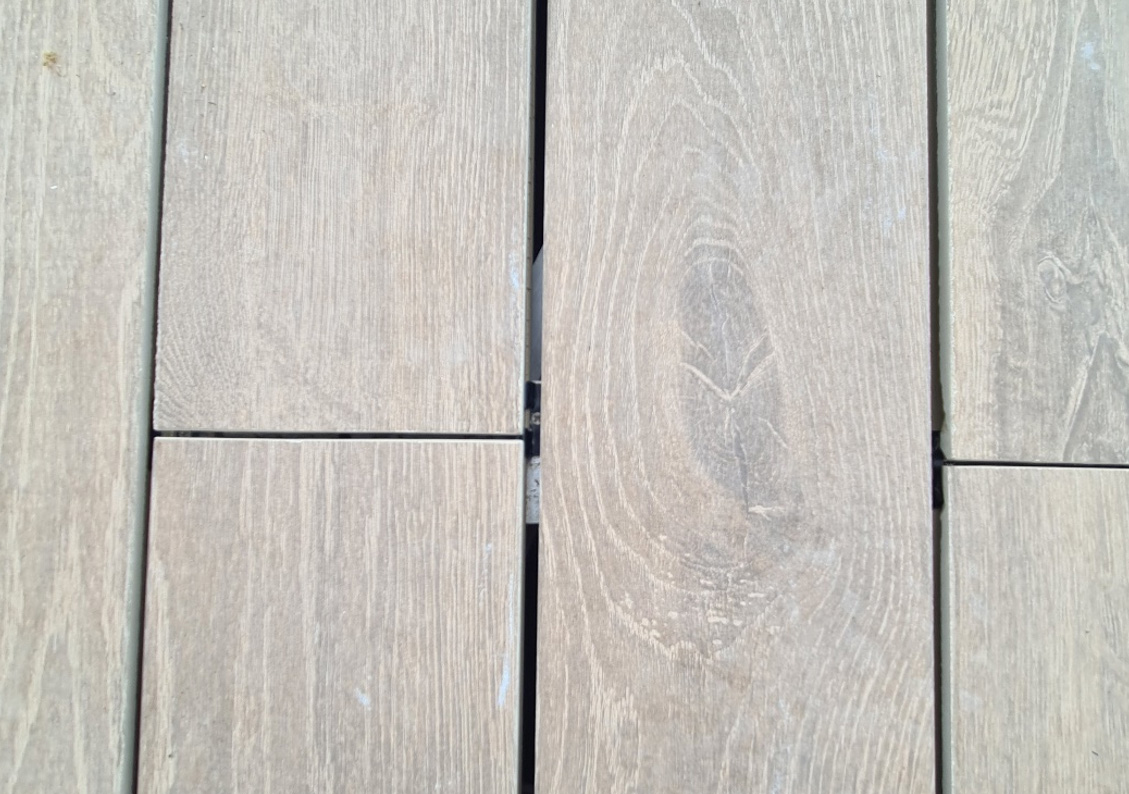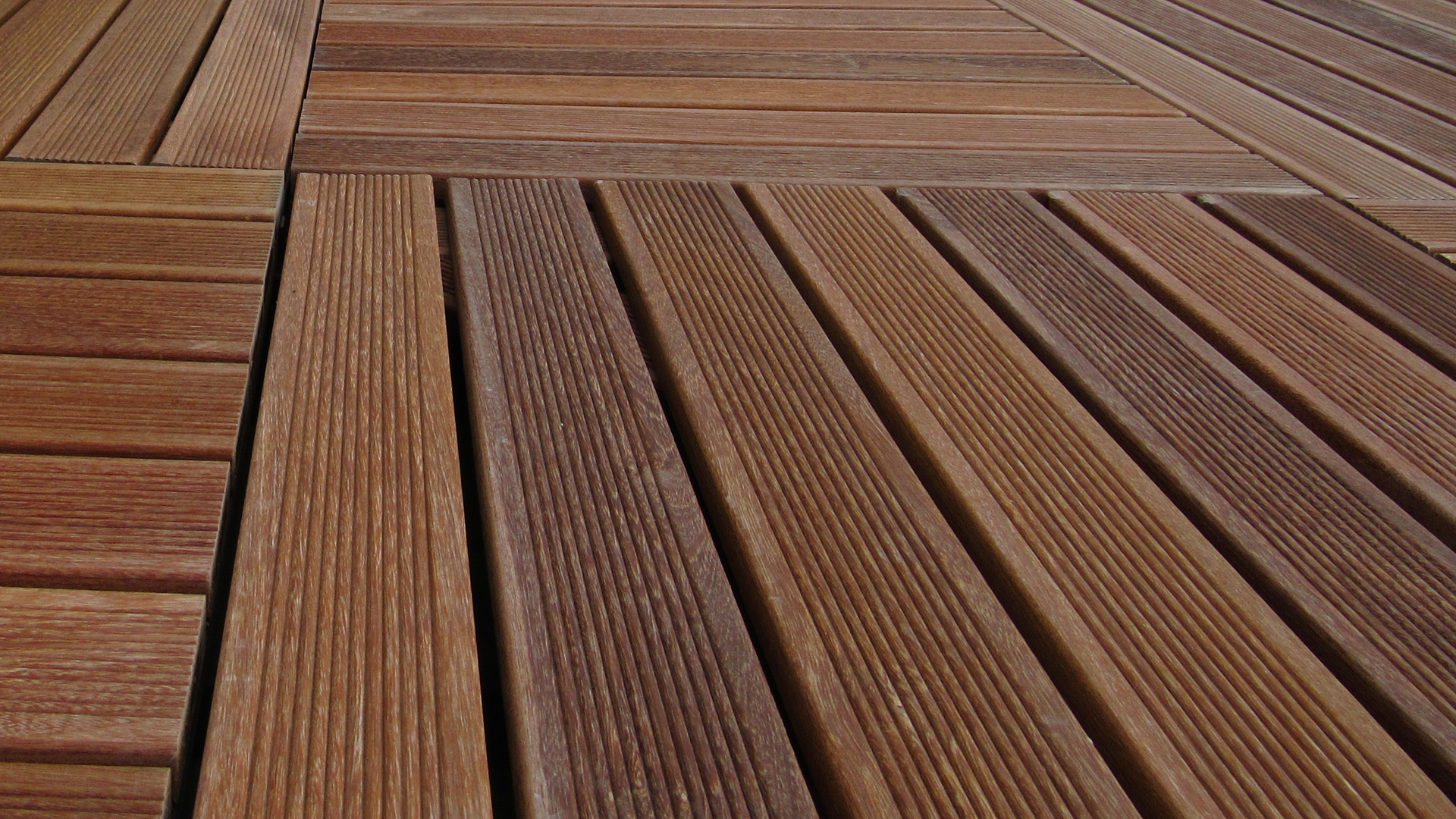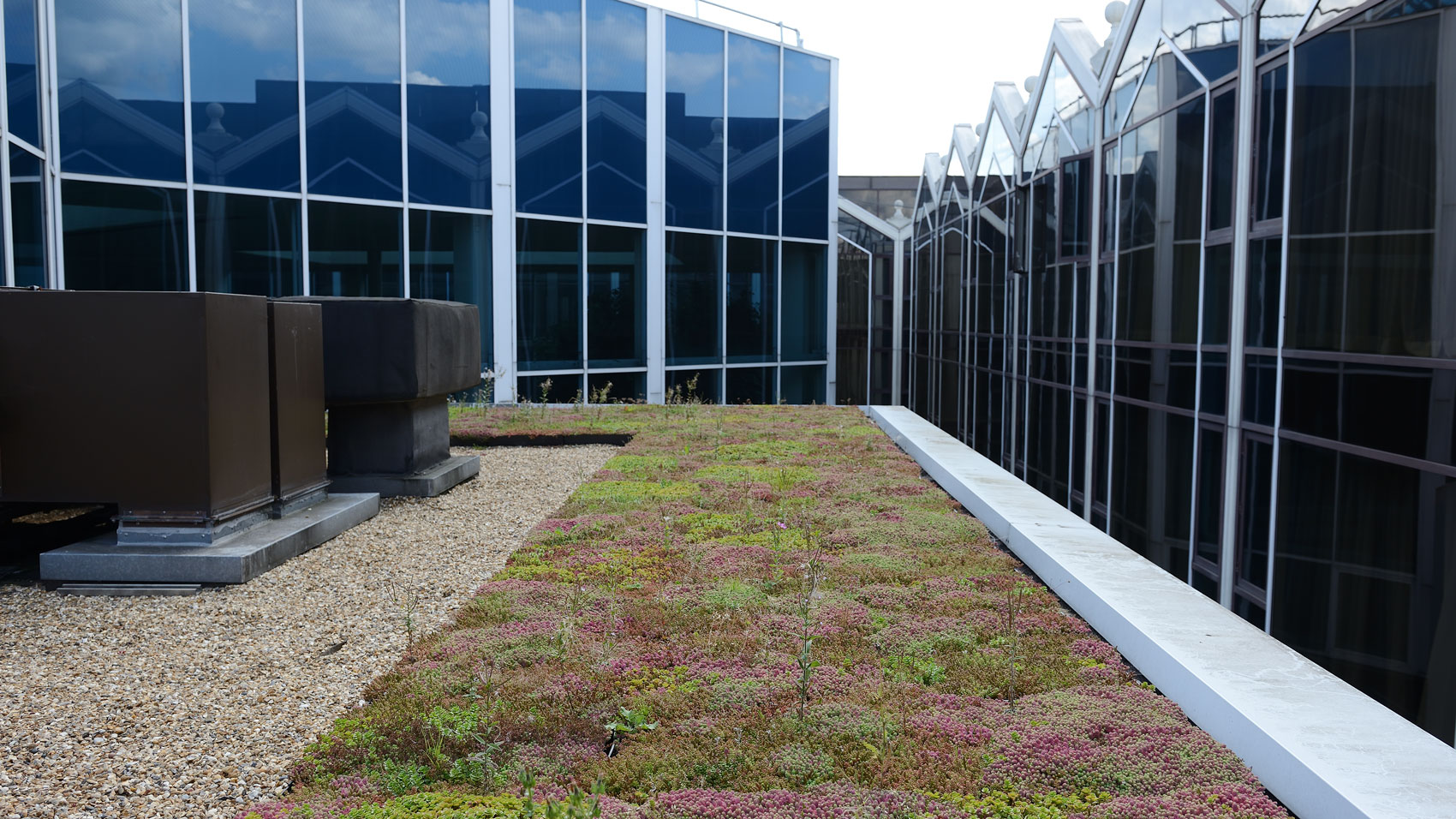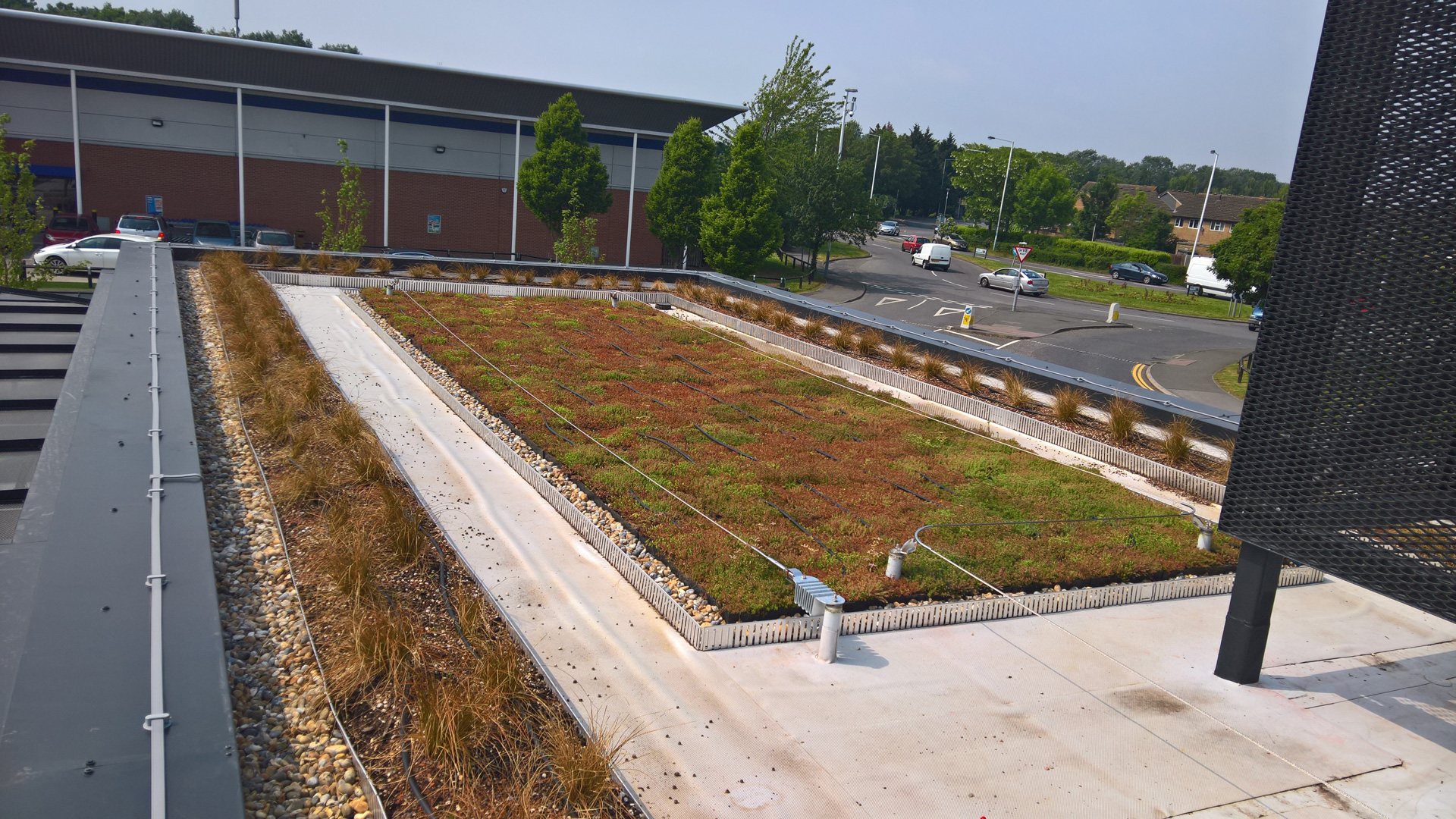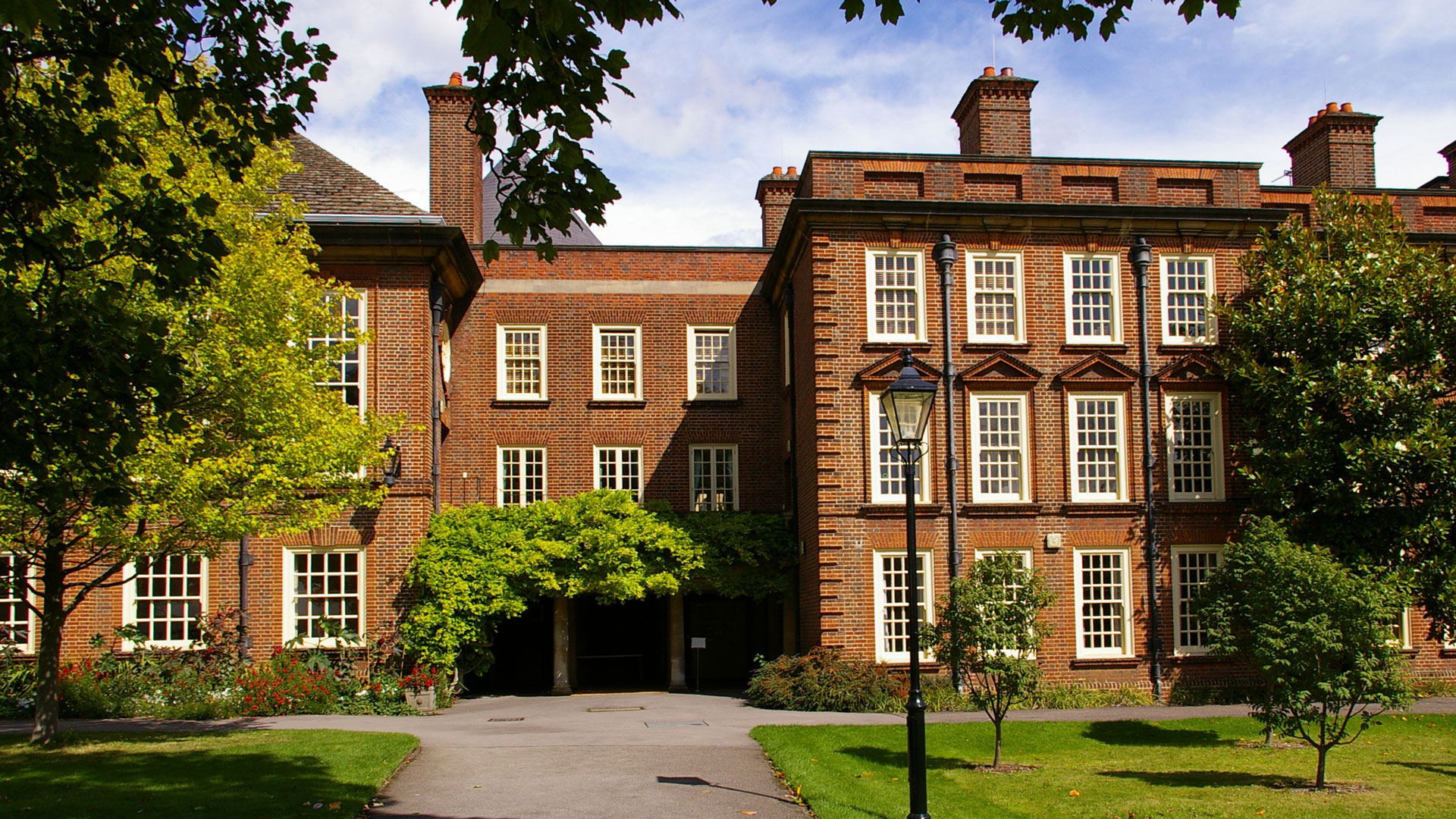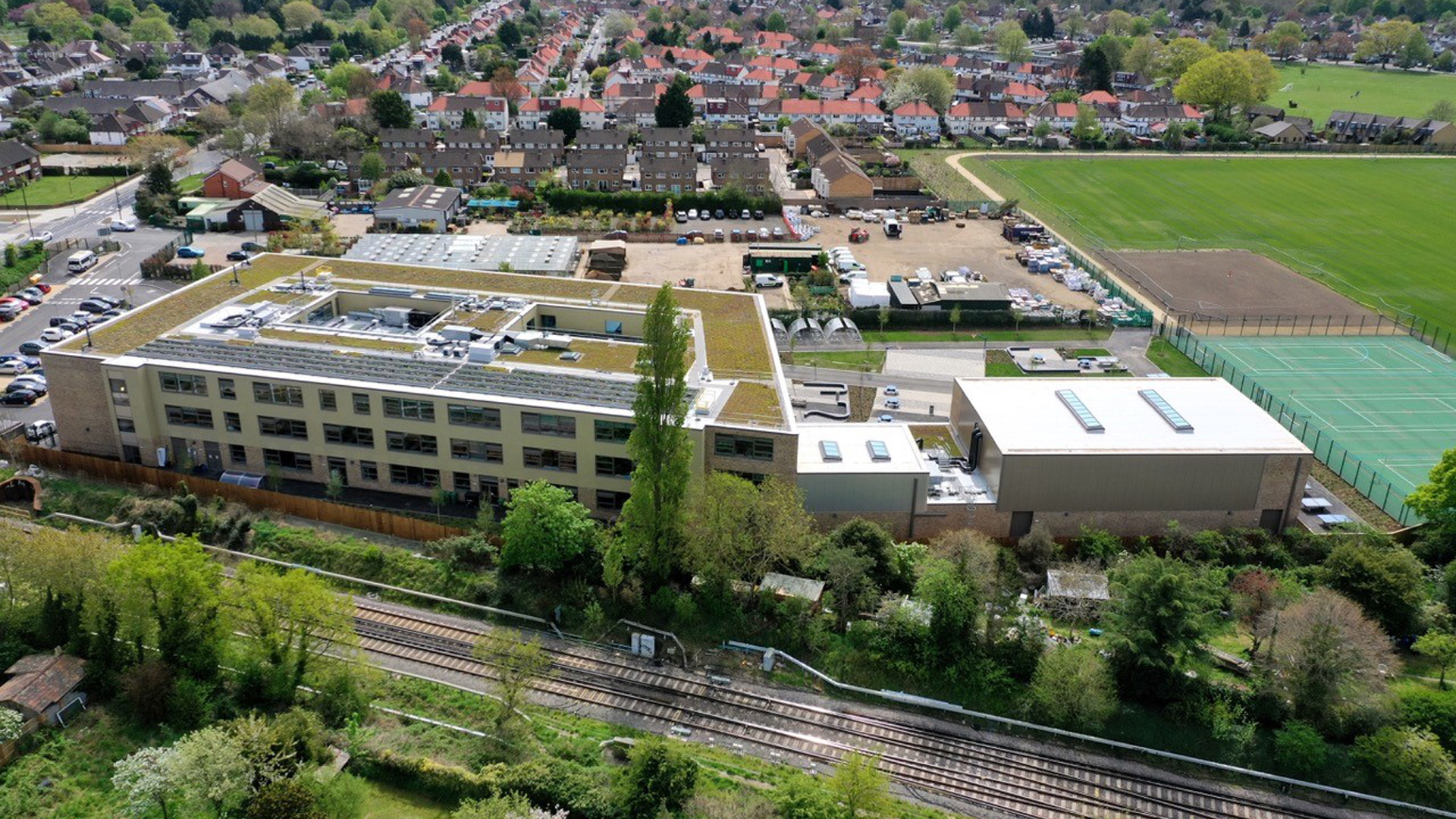A university has added a green roof on its campus so scientists can study the impact of growing plants on top of buildings.
The Open University (OU) said its “living roof lab” in Milton Keynes would “contribute to crucial research on the ecological and urban benefits” of green roofing systems.
Milton Keynes has more intensive green roofs than any other UK city outside London or Edinburgh, according to Chris Bridgman, whose company is working with the OU.
“This research is really important to help us lobby government, to make sure green roofs are used to help tackle climate change,” he said.
The two-year project will collect data from the “experimental site” on top of the OU’s Stuart Hall building.
Dr Kadmiel Maseyk, leading the research, said the team would test eight different combinations of substrates and vegetation, from crushed brick and limestone to sedum and wildflowers.
Dr Maseyk said although “we do know quite a lot about the benefits” of green roofs, the phenomenon had not been widely tested in the UK.
“The majority of this research comes from Europe and North America, but it’s important to understand how this translates into the UK.
“We are looking at our specific requirements, both in the way the UK climate is now – and might change in future – and the kind of native vegetation we could use,” he said.
Green roofs can suck up carbon dioxide from the atmosphere, provide habitats for pollinators, and help to insulate buildings.
“Cooling very important due to the urban heat island effect, as cities heat up more quickly,” he added.






